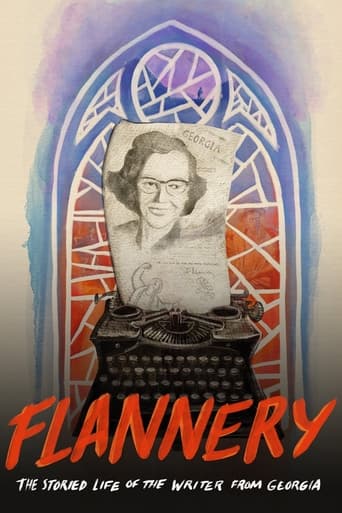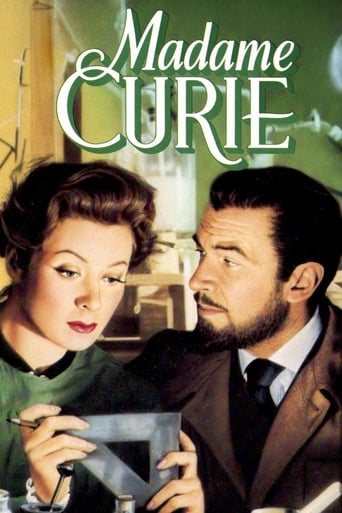


Madame Curie
Poor physics student Marie is studying at the Sorbonne in 1890s Paris. One of the few women studying in her field, Marie encounters skepticism concerning her abilities, but is eventually offered a research placement in Pierre Curie's lab. The scientists soon fall in love and embark on a shared quest to extract, from a particular type of rock, a new chemical element they have named radium. However, their research puts them on the brink of professional failure.
-
- Cast:
- Greer Garson , Walter Pidgeon , Henry Travers , Albert Bassermann , Robert Walker , C. Aubrey Smith , May Whitty


Similar titles
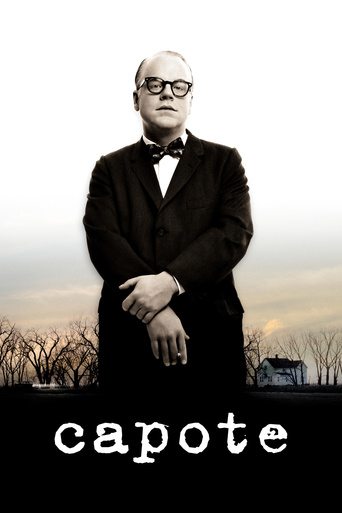
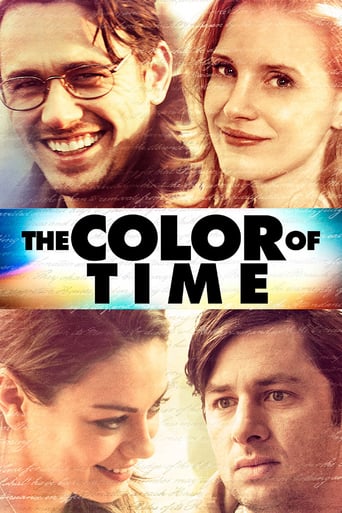


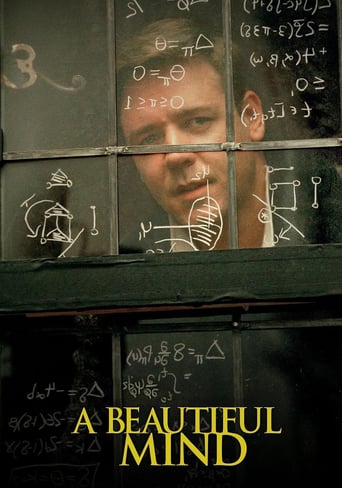
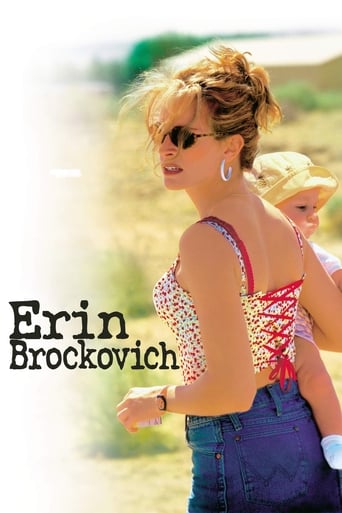
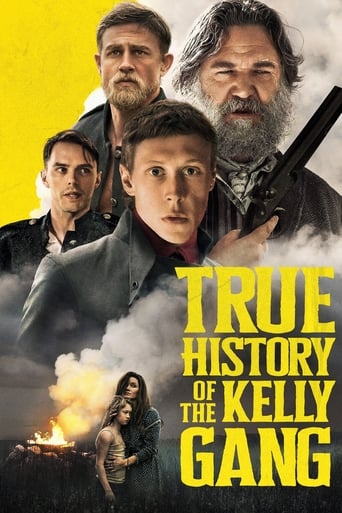
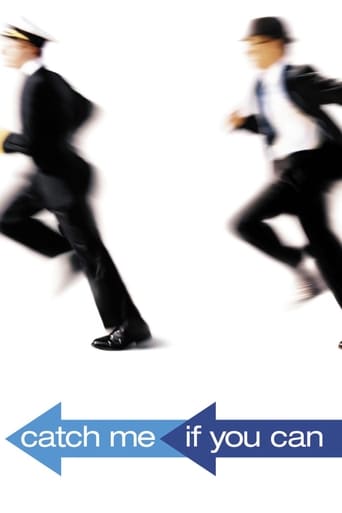
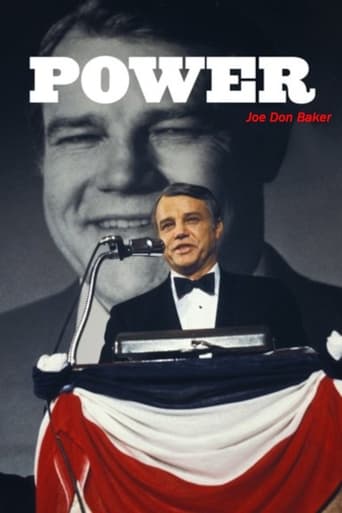
Reviews
What begins as a feel-good-human-interest story turns into a mystery, then a tragedy, and ultimately an outrage.
Ok... Let's be honest. It cannot be the best movie but is quite enjoyable. The movie has the potential to develop a great plot for future movies
The acting in this movie is really good.
This movie tries so hard to be funny, yet it falls flat every time. Just another example of recycled ideas repackaged with women in an attempt to appeal to a certain audience.
if you love science and bio's and appreciate a solid marriage. If ever a film was able to put these together as well as here. If you like a quite movie on a gray day, this is it. no remake please. Men should take a lesson here on how to treat a lady. A good hearten sentimentalist will tear and find no shame in it. film has dedication & compassion. con's - it stretches a little but i didn't mind.
Directed by Mervyn LeRoy, with a screenplay by Paul Osborn and Paul Rameau that was based on Madame Ove Curie's book, this above average biographical (if fictionalized) drama features Greer Garson in the title role, with Walter Pidgeon as her husband and co-discoverer.It relates the first years of the woman scientist's educated life, from her early years as Polish student, Maria come Marie Sklodowska (Garson), of Professor Jean Perot's (Albert Bassermann) at the Sorbonne in Paris in the late 19th Century, to her working in Pierre Curie's (Pidgeon) laboratory, their marriage and then research which led to the discovery of radium (and the Nobel Prize in 1903).The film was nominated for a Best Picture Oscar, while Garson and Pidgeon received lead actor nominations; its B&W Art Direction- Interior Decoration and Cinematography, as well as its Sound and Score were also nominated. The cast also includes Robert Walker, C. Aubrey Smith, Dame May Witty, Reginald Owen, Van Johnson who appears as a reporter near the end, and Margaret O'Brien (though most of these appear only briefly). James Hilton narrates. #97 on AFI's 100 Most Inspiring Movies list.Marie was a student who earned the highest honors in her class of physics at the Sorbonne while she worked her last 6 months of school working in Pierre Curie's laboratory, something which had been arranged by her professor, Perot. She had impressed Curie who had previously thought, and communicated with his assistant David Le Gros (Walker), that women had no place in science. After her graduation, Pierre invites Marie to his parents' house in the country, where he plays croquet with his father Eugene (Travers, who like Pidgeon has to sport a ridiculous French mustache and beard) while his mother (Whitty) sizes up Marie.To keep Marie from returning to Warsaw to become a mere teacher, Pierre proposes to Marie in one of the most awkward, funny, and thoroughly delightful (for its professional nature) ways. During their honeymoon, they discuss her doctorate and she expresses an interest in exploring the special rocks that Dr. Becquerel (Owen, recognizable only by his unmistakable voice) had shown her.Upon their return, the Curies begin what was a multi-year series of experiments and research which eventually led to their discovery and then the successful isolation (which included crystallization) of a new element, radium, from the others found in ore. Lord Kelvin (Smith) and Perot visited them shortly before their moment of truth, which occurred in the shack that the university president (Victor Francen) had allowed them to use. During these years, the Curies had a child Irene (O'Brien), who was watched after by his father Eugene, who'd moved in with them after his mother had died of cancer. Gigi Perreau (uncredited) appears later, briefly, as their second child, Eve.Pierre is killed in a street accident and the last 25 years of Madame Curie's research without him isn't shown nor discussed, but merely honored at a speech she gives before an assembly at the film's end.
I've watched a lot of Hollywood films with an eye for those that feature Polish or Polish-American characters. Paris in the early part of the last century is the backdrop for this beautiful love story starring Greer Garson and Walter Pidgeon, released in 1943 as World War II raged in Europe. My favorite parts are the references to Poland and the stubborn Polishness that made Marie Skłodowska one of the greatest scientists who ever lived. If you've never seen a Greer Garson film, or haven't seen one lately, she is one of the most beautiful and talented actresses Hollywood ever produced, and totally under- appreciated today. Listen for these lines: "She's a very obstinate girl," says Pierre Curie to his mother. "Well, after all, Poland is her home," the mother explains.
Greer Garson is Marie Curie from Poland, a brilliant student of physics at the Sorbonne. Her professor, Walter Pidgeon, falls for her and vice versa. Together -- through thick and thin, so to speak -- they pursue the elusive, dangerous element of radium, finally with success. They are a happy couple, Pierre and Marie. They lead irenic lives. They never have arguments like the rest of us. They're joined at the hip by their shared obsession with radioactivity. They have two lovely children too, one of them being Margaret O'Brien. Just as their life seemed most fulfilling, their joy serene, their rapture divine -- little did they know that tragedy lay just around the corner. Walter Pidgeon gets run over by a horse-drawn cart full of wine barrels. Suffering in silence, despite the comfort offered her by her older mentors and her loving family, Greer Garson finally pulls herself together and goes on to win the Nobel Prize and the film ends with the stalwart gray-haired woman giving a speech in Stockholm.Boy, is she noble. The movie is divided about fifty-fifty into the story of the search for radium and her family life. Both of these life spaces are studded with failures of one sort or another but Garson sets her considerable jaw and looks fearlessly ahead.I frankly don't know what all that family stuff is doing in there. It could have been sketched in with more brevity. Walter Pidgeon is hardly more than an ancillary character, in the movie only to provide the heroine with a love interest and a climactic tragedy. Here's how they work together in their research. Something like this. Garson: "Suppose the radium did NOT disappear. What if the living element itself were in the stain at the bottom of the bowl? Suppose the energy could be used to destroy unhealthy tissue as well as healthy?" Pidgeon (excited): "Yes -- go on!" There was a BBC production of "The Double Helix" back in the 80s that managed to make scientific research exhilarating without debasing it with factitious triumphs, tragedies, and emotional epiphanies. I don't know how much of this movie is made up. I suppose it sticks roughly to the historical facts in its broad outline. We can certainly believe, for instance, that Marie and Pierre Curie were married and that they had children and that they discovered radium and that she won a Nobel Prize. (She won two, I believe, in physics and in chemistry, but I'm too lazy to look it up.) The conversations -- both the intimate ones between the married couple and the more public ones involving their families -- are concocted, but probably not more than most run-of-the-mill studio productions of the period. This particular example comes from MGM. Some of the best came from Warner Brothers.One of the film's virtues is the way that the research process is spelled out. It's explained in a way that the alphabet is explained to kindergärtners, and that's fine with me. I was really fascinated when they measure the radioactivity of thorium and uranium and realize that there must be a powerful third element in the batch. I wish they had gone into it in more detail, and skipped the cute stuff involving the irascible father of Walter Pidgeon. We never do find out what radioactivity is. No one at the time knew anything about the dangers of radiation poisoning. Marie Curie may have died of its effects. Wilhelm Roentgen, who discovered X-rays, probably killed his own wife by unwitting overexposure during the same period.Another admirable feature of the film is the attention it brings to the discrimination against women that was so common at the time. And it accomplishes this without being strident. It's mentioned a few times, notably by Pidgeon, but it doesn't sound as if his objections are written for an audience of feminists, probably because such an audience, to the extent that it existed in 1942, was to the general audience what radium was to pitchblend, an almost infinitesimal fraction of a fraction.Anyway the movie does what it set out to do. It introduces us to a couple of courageous scientific geniuses, their professional achievements and their family lives. The stuff on the family, which I've derided, was a specialty of the MGM house.

